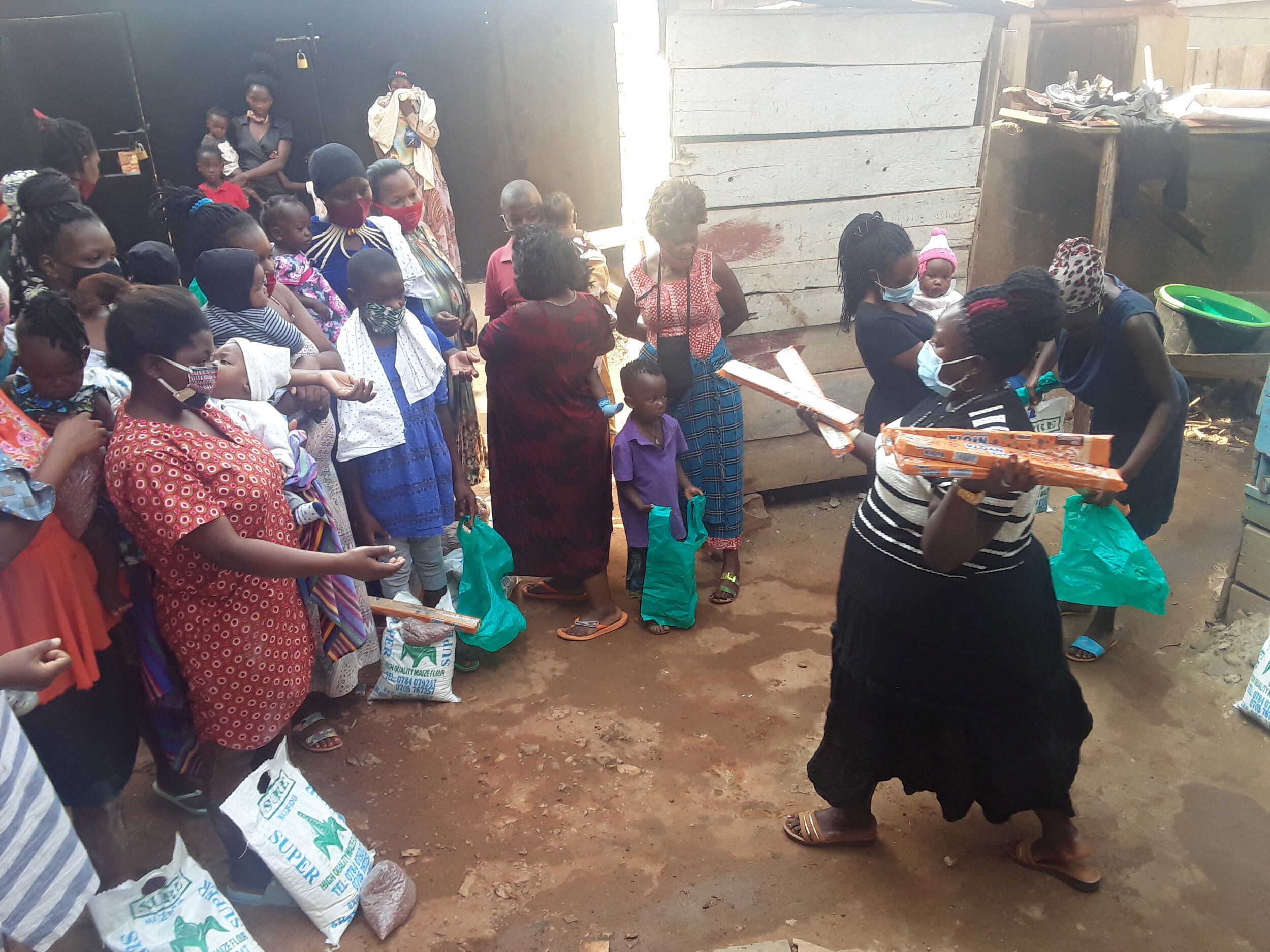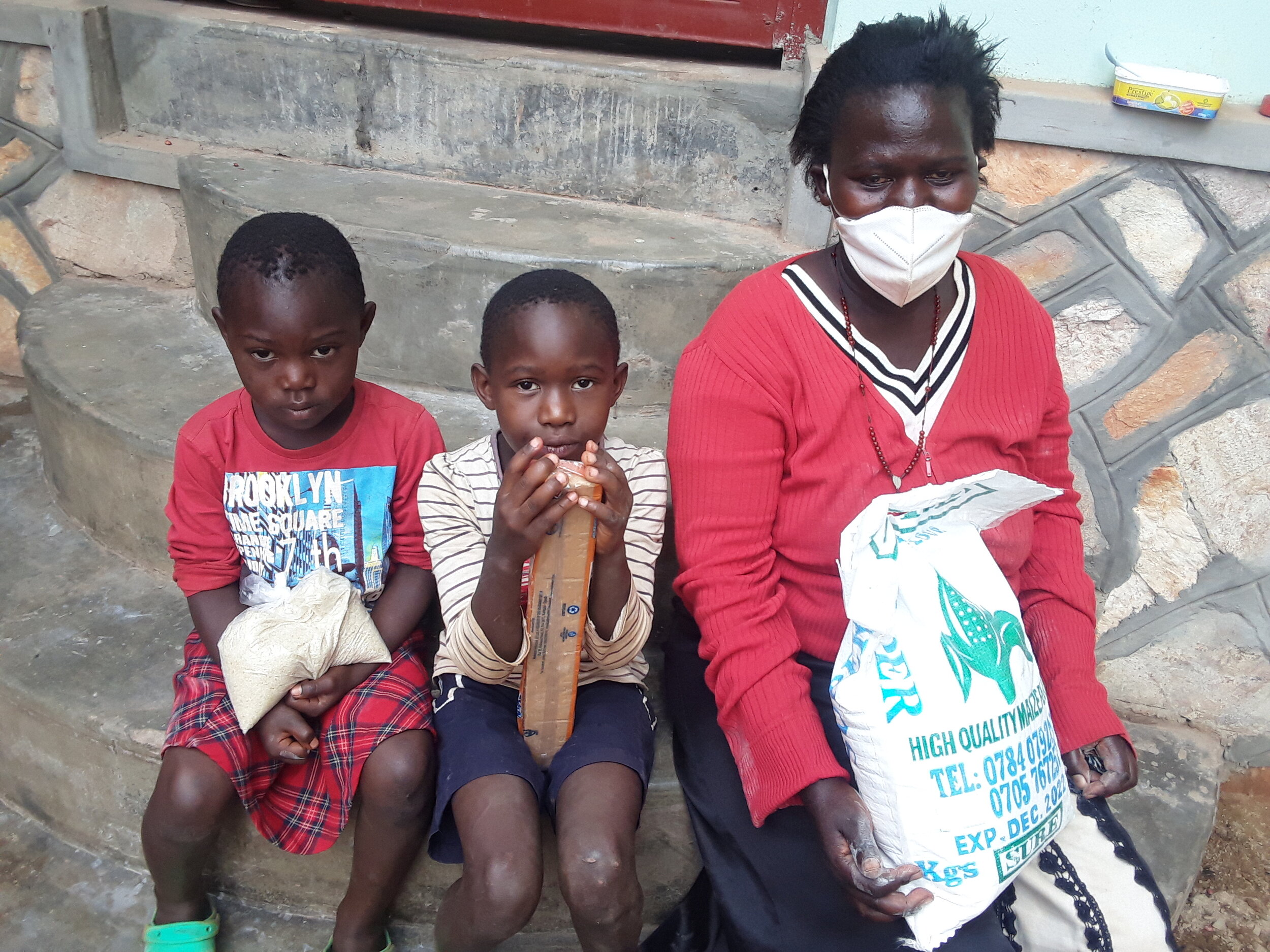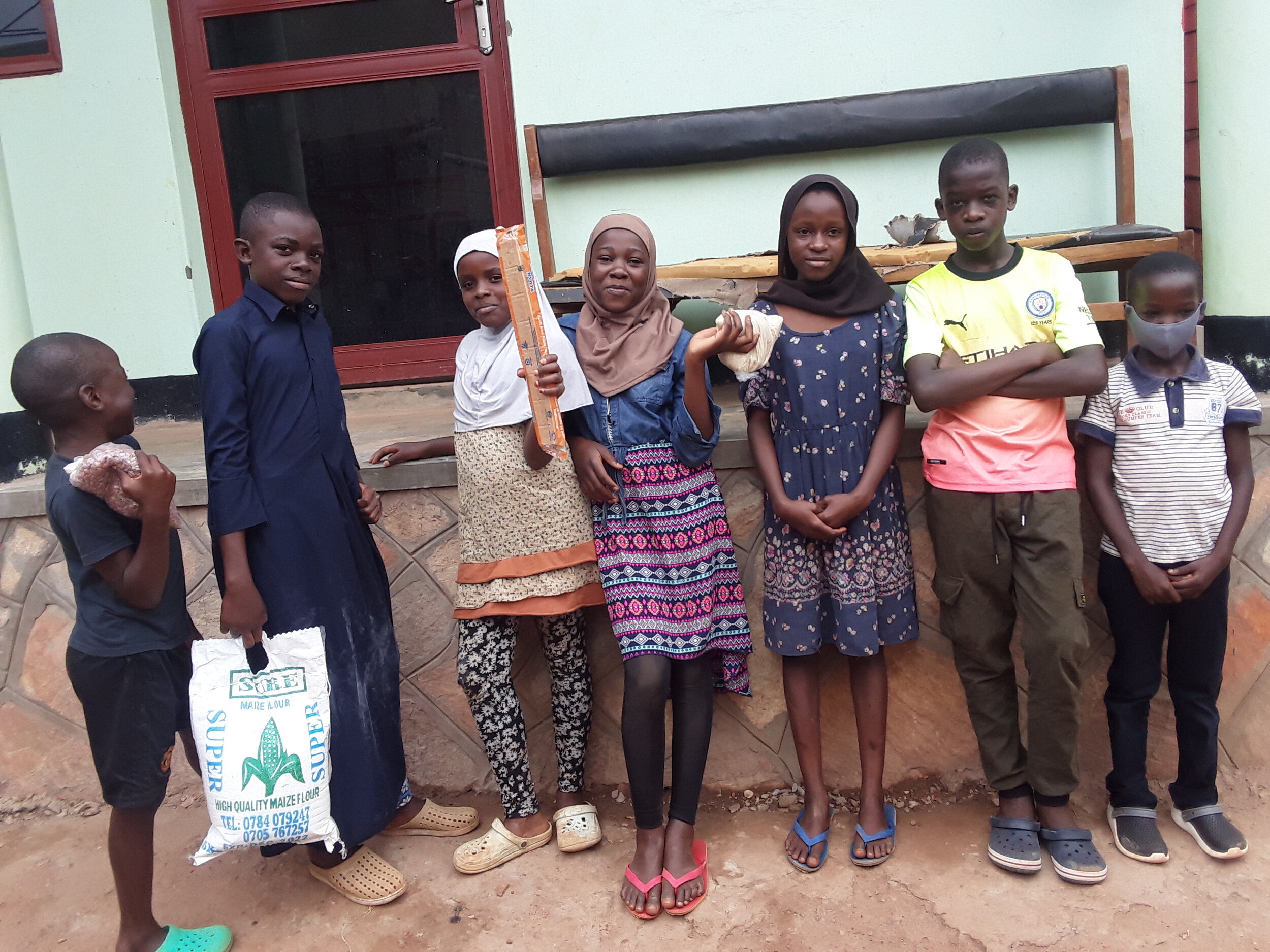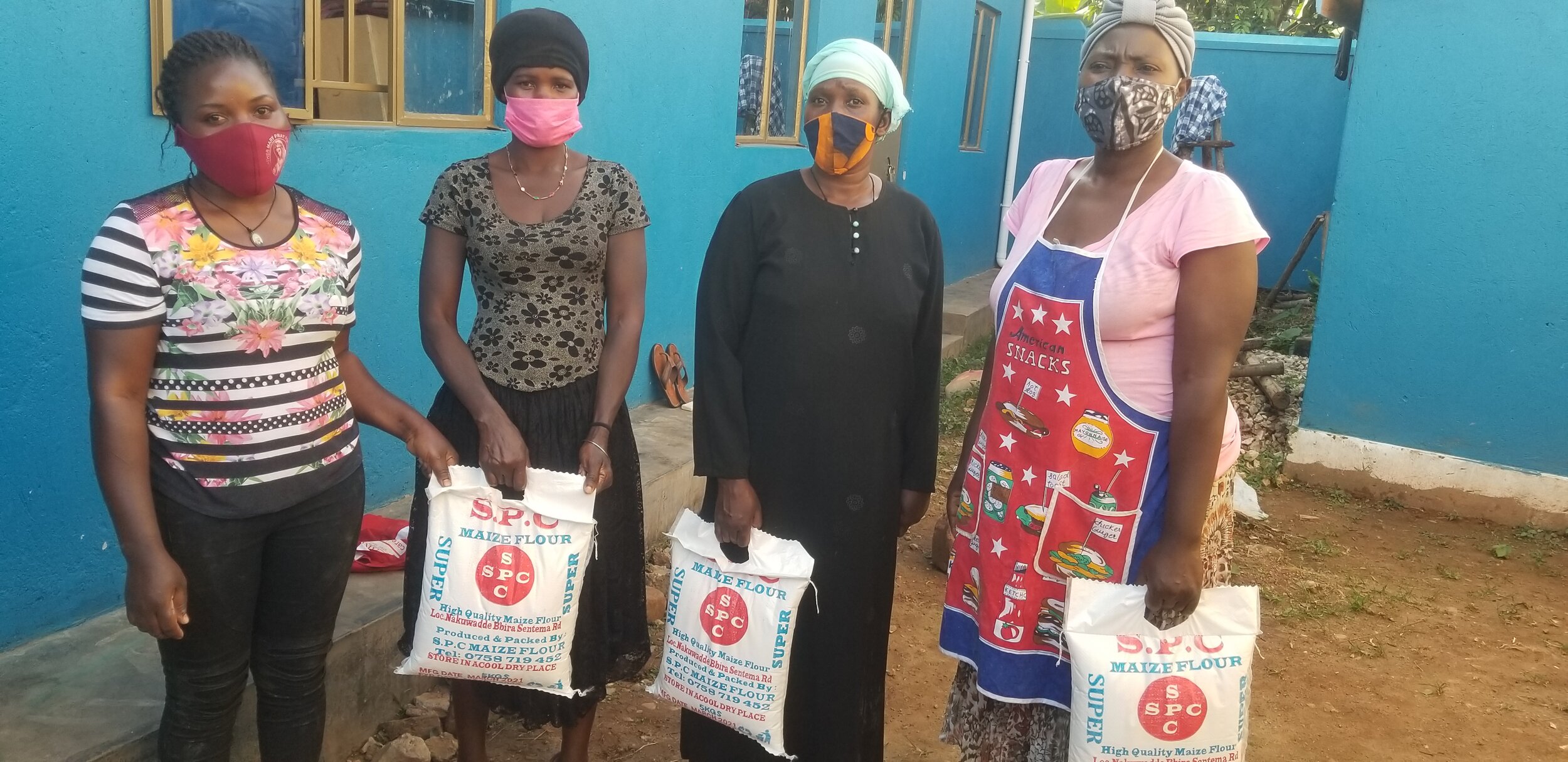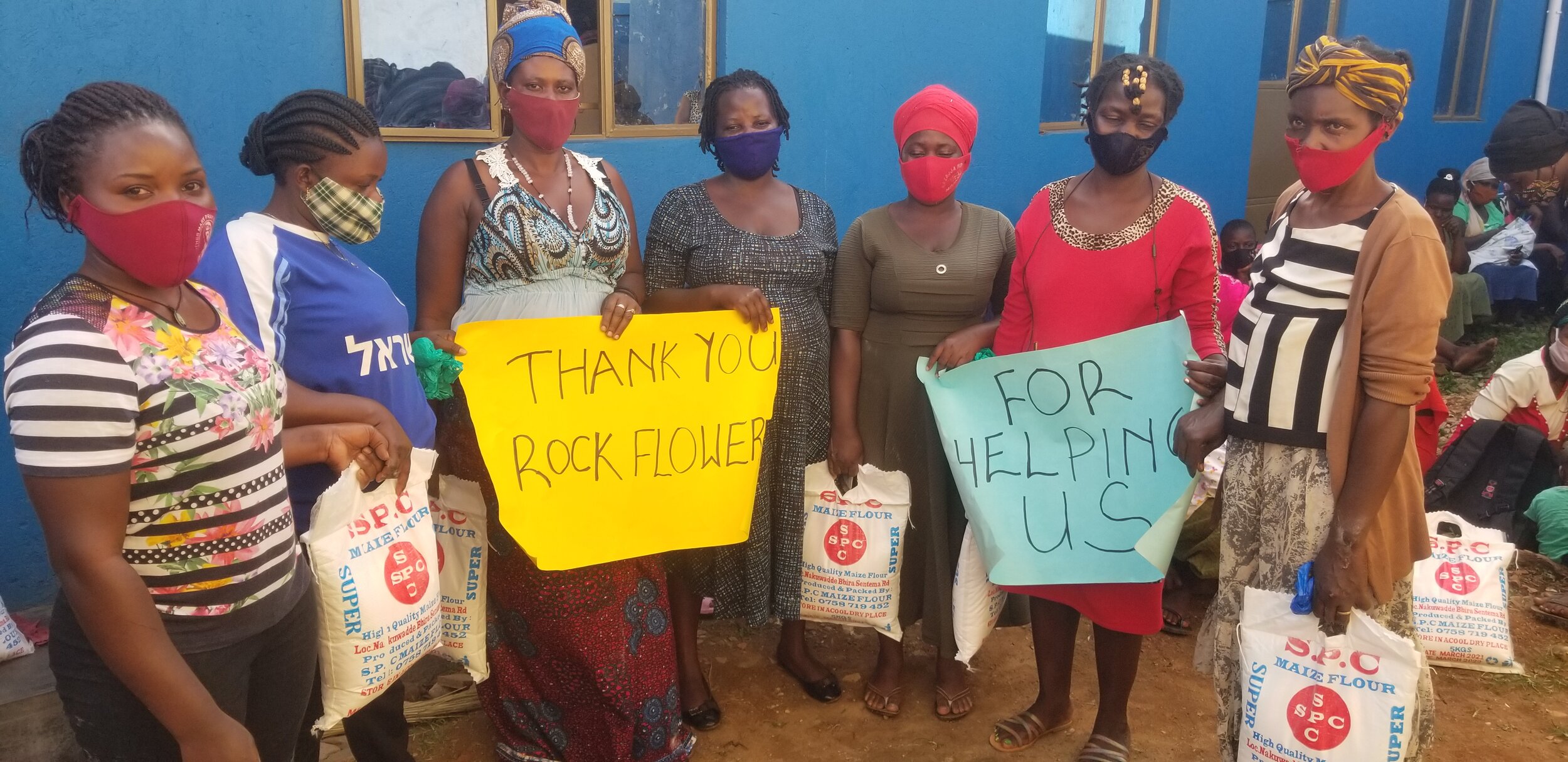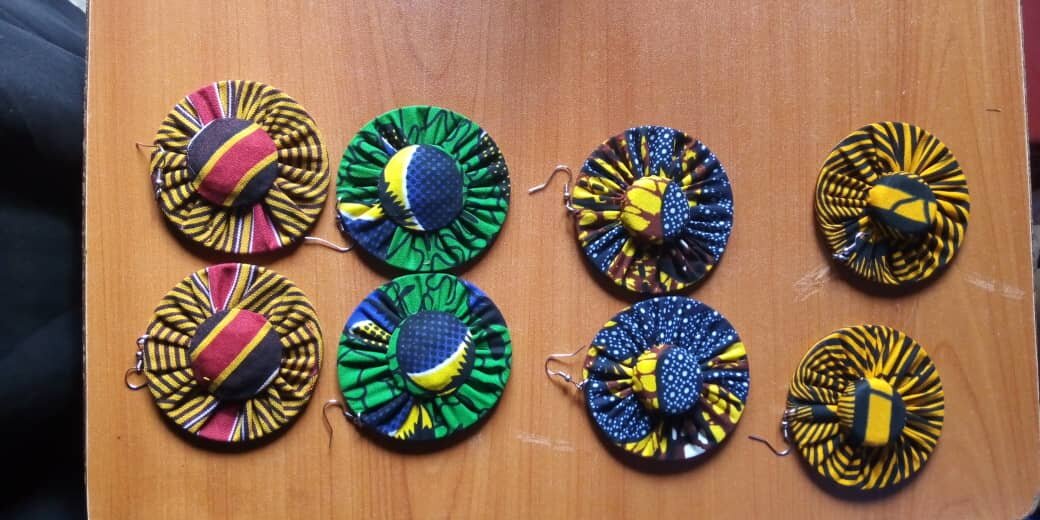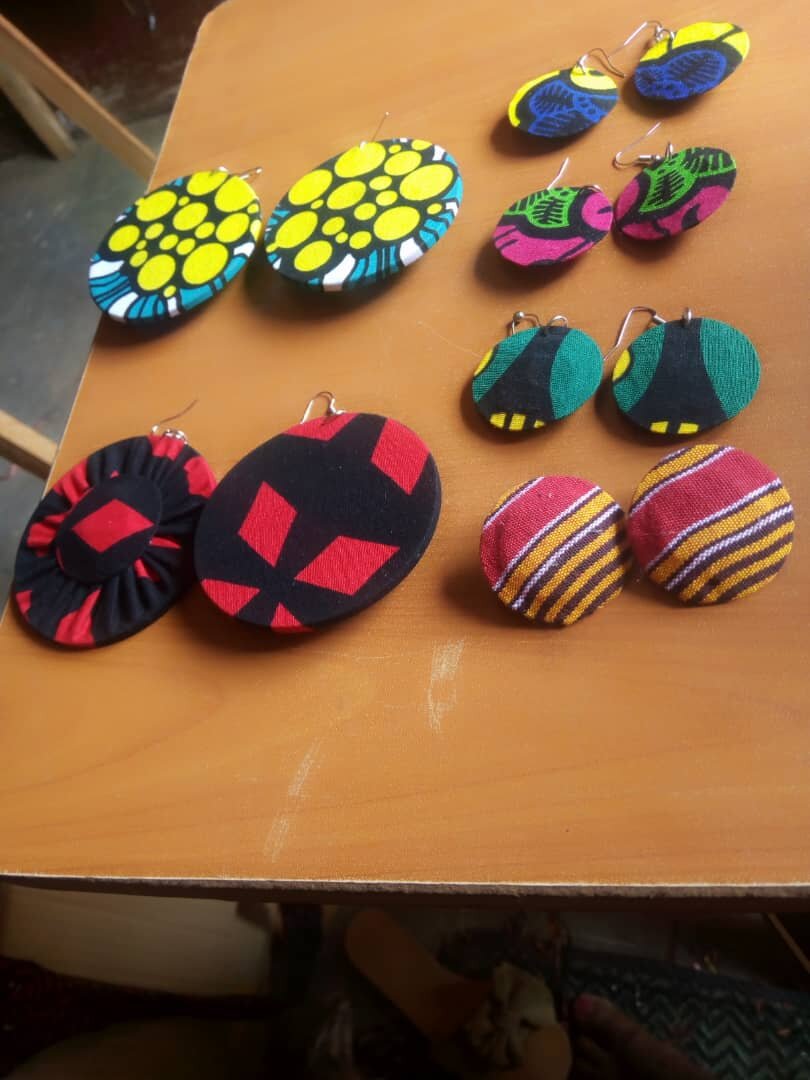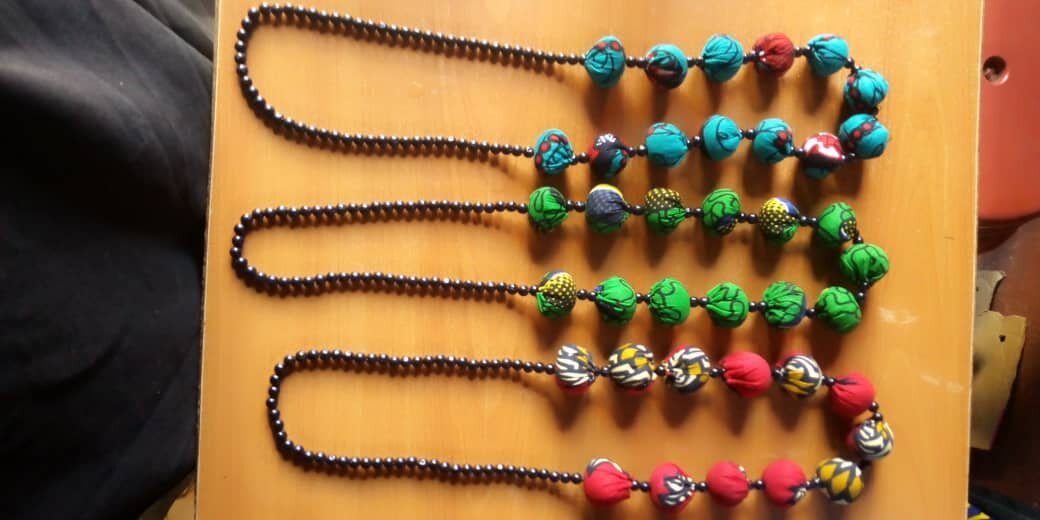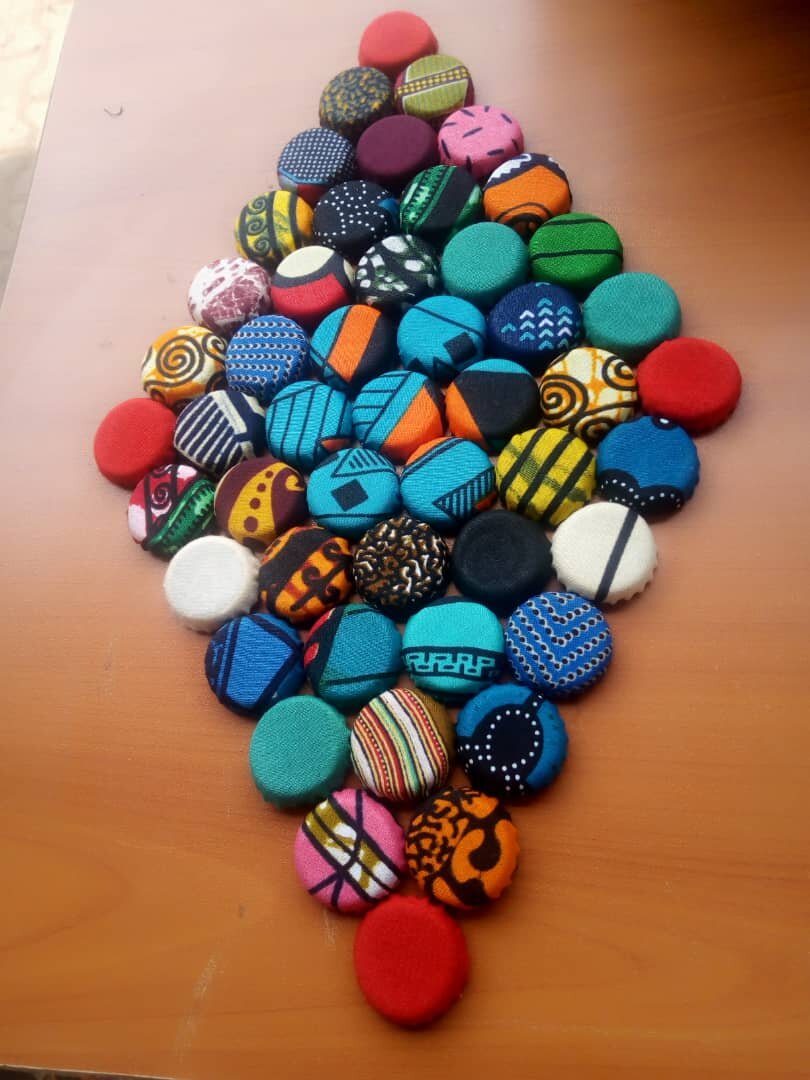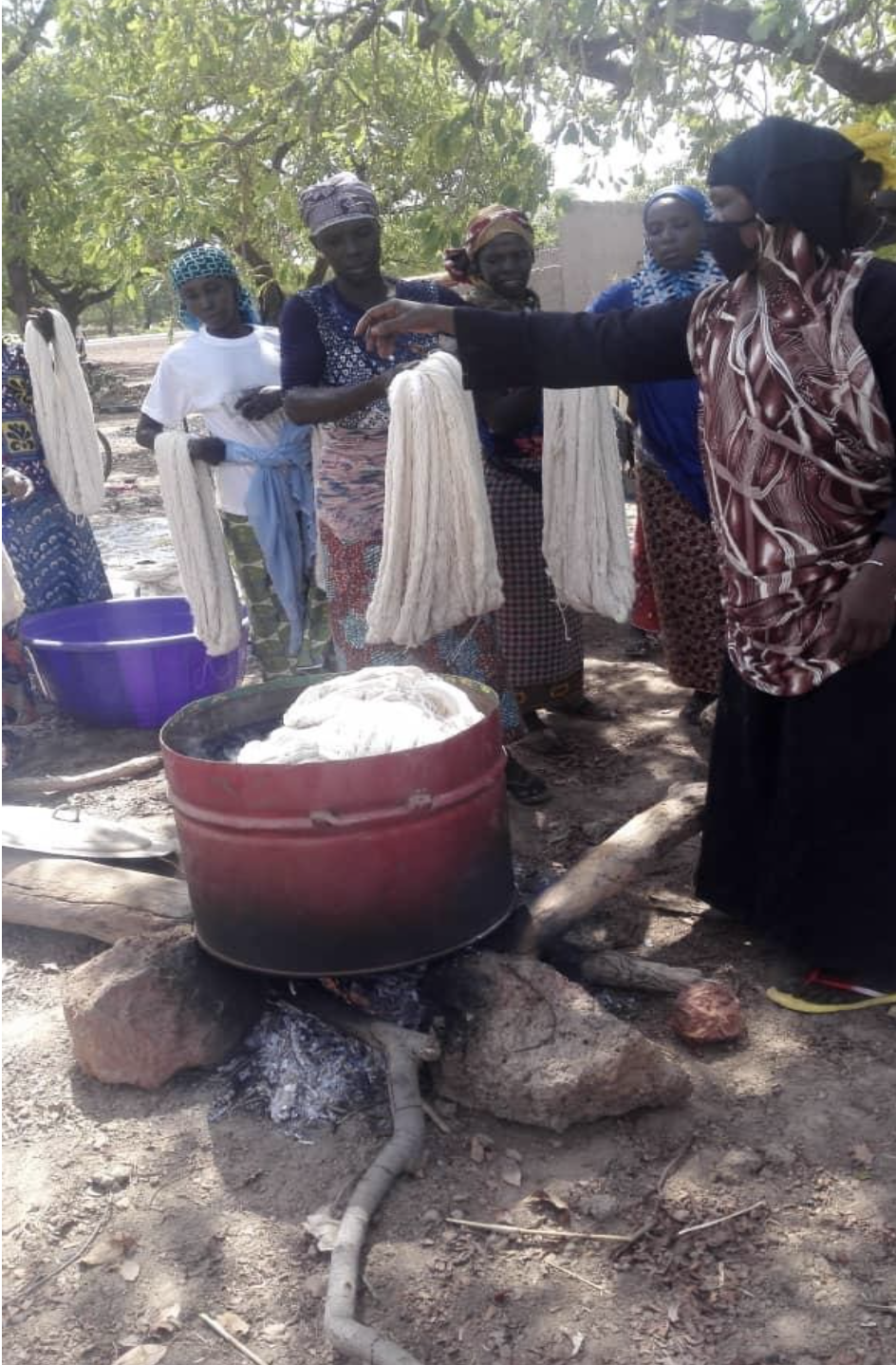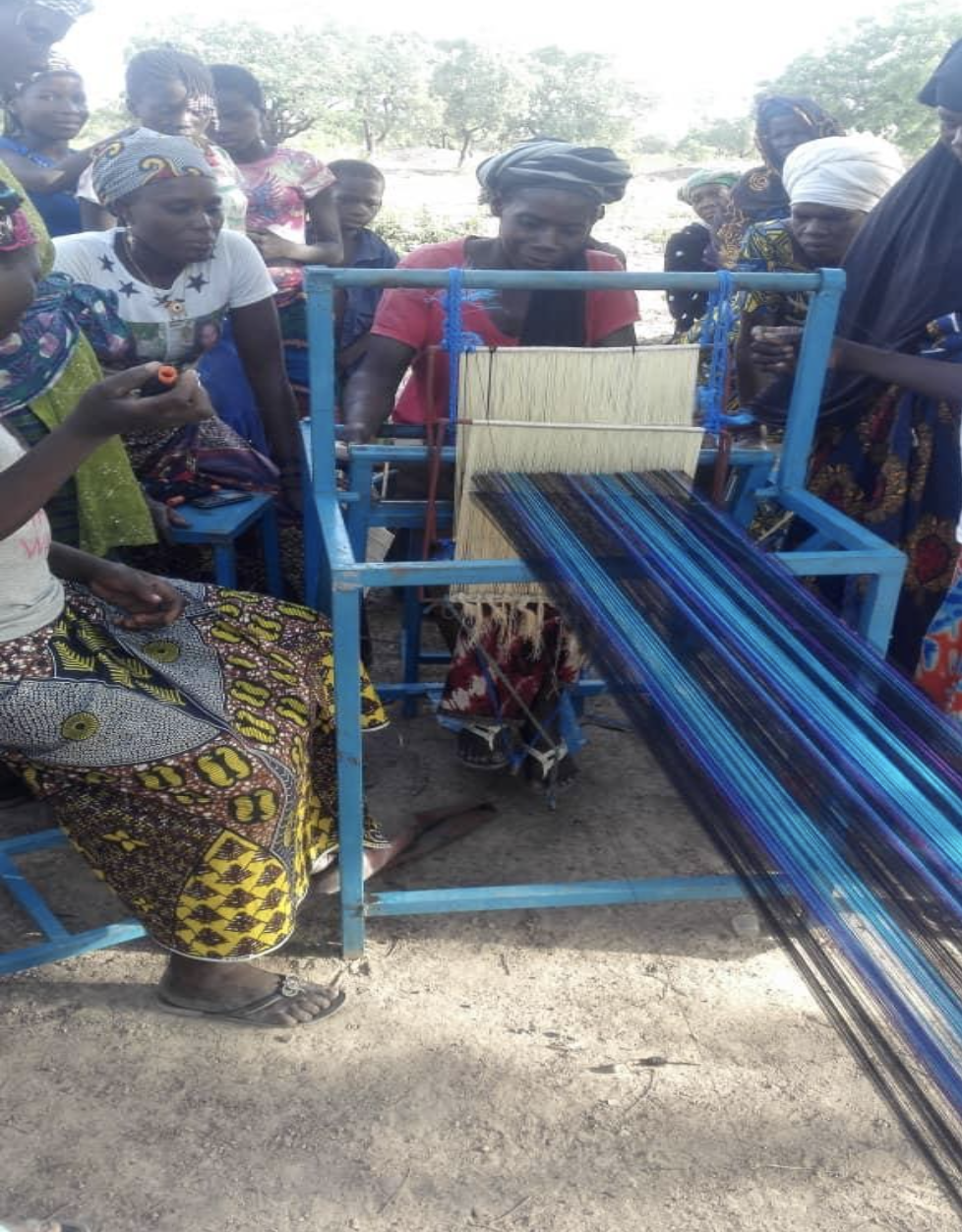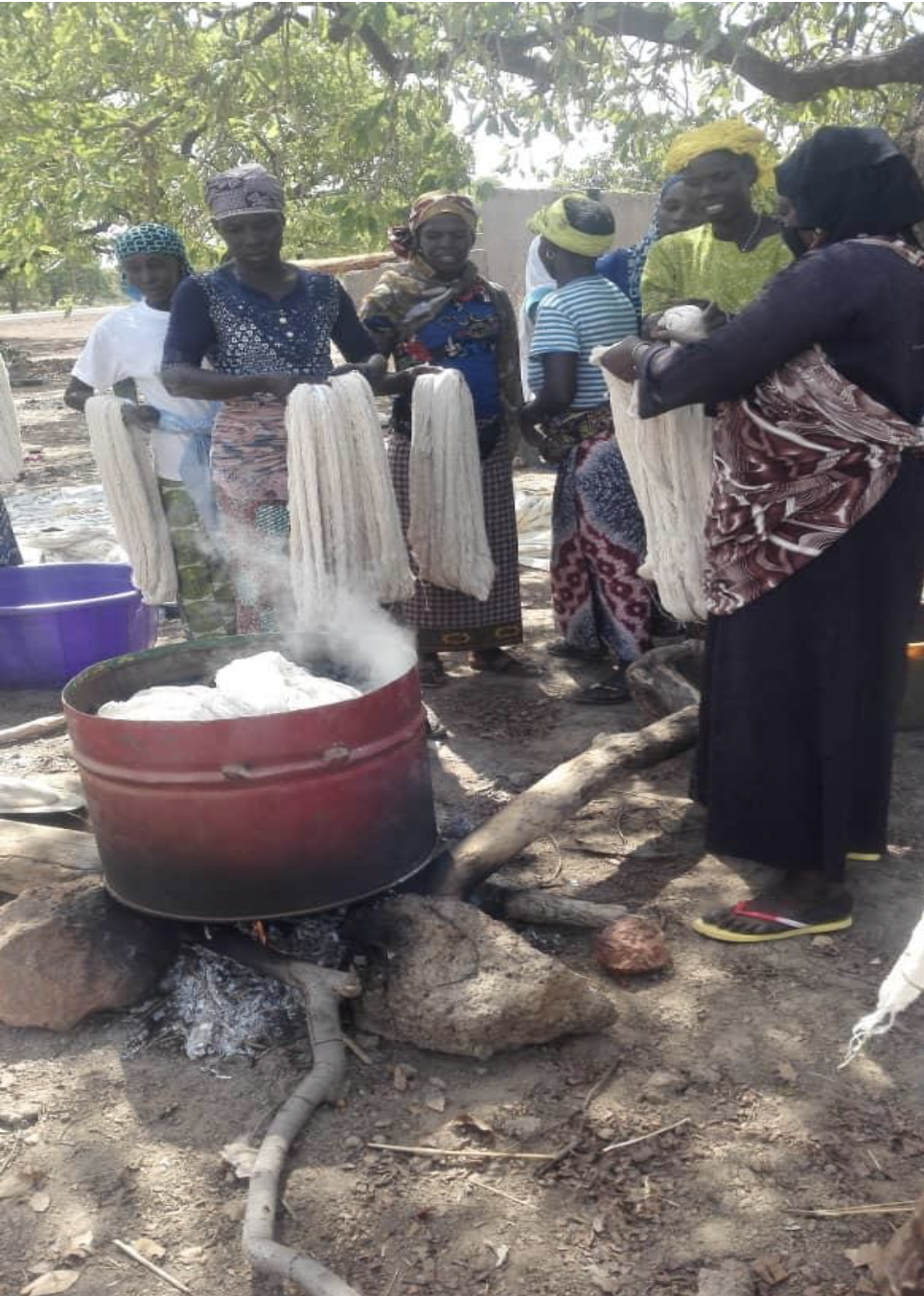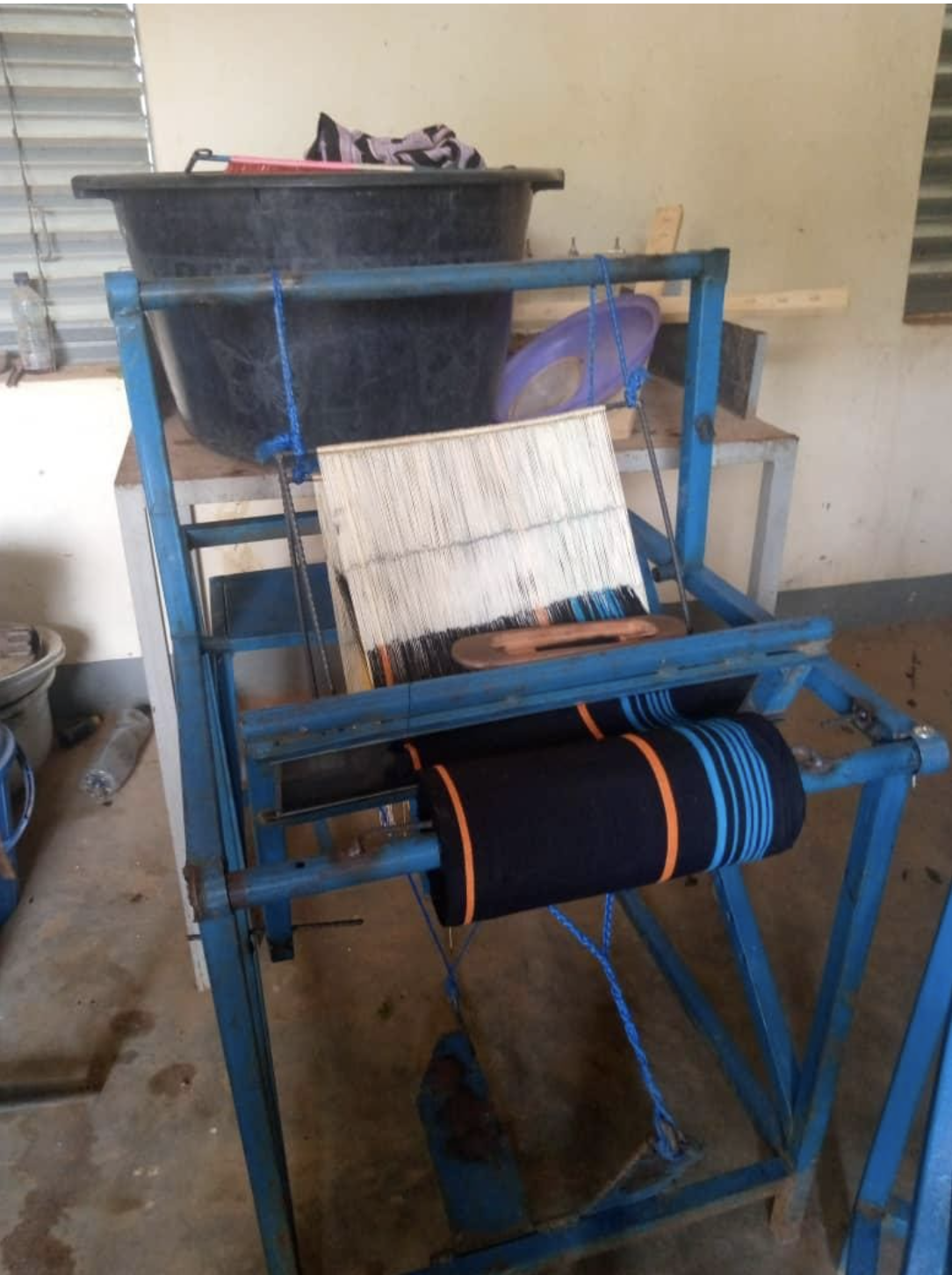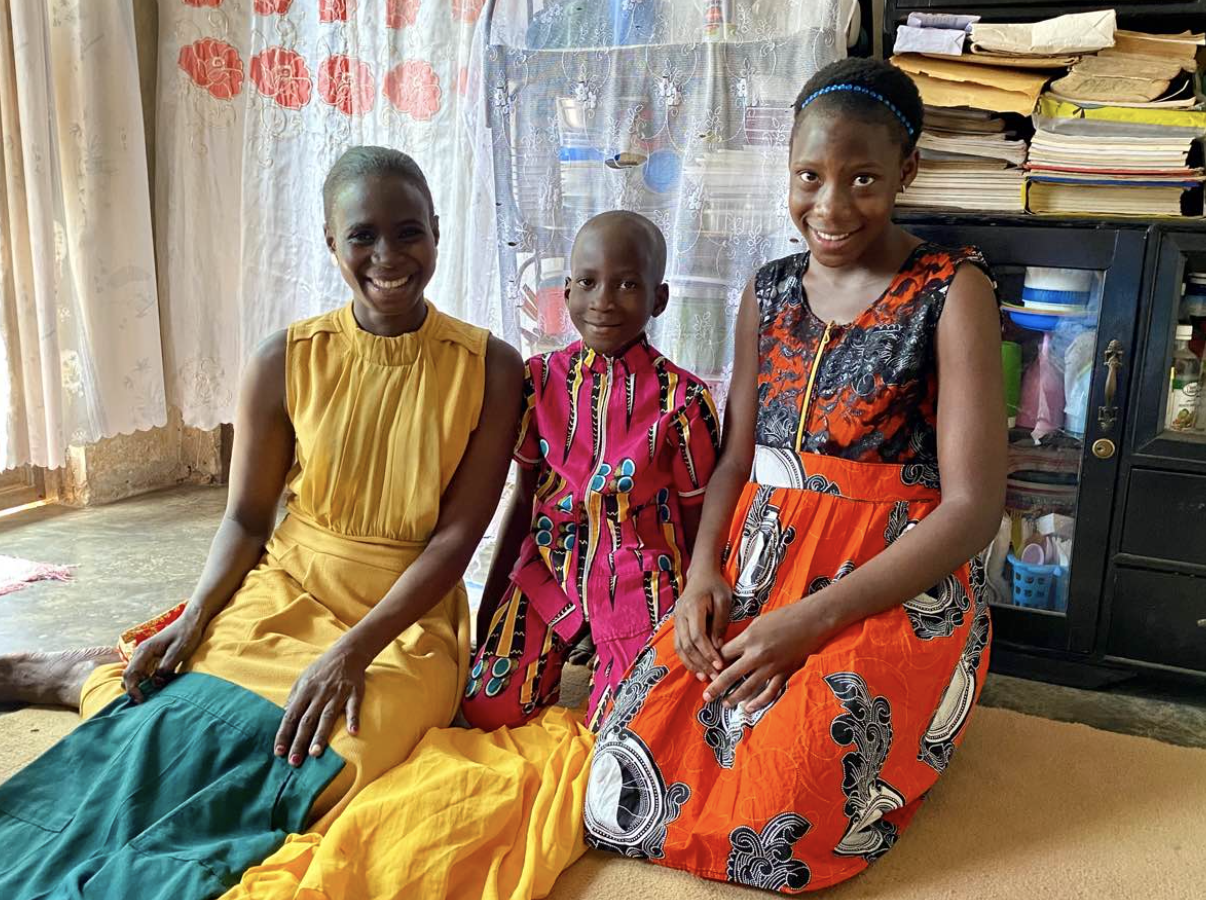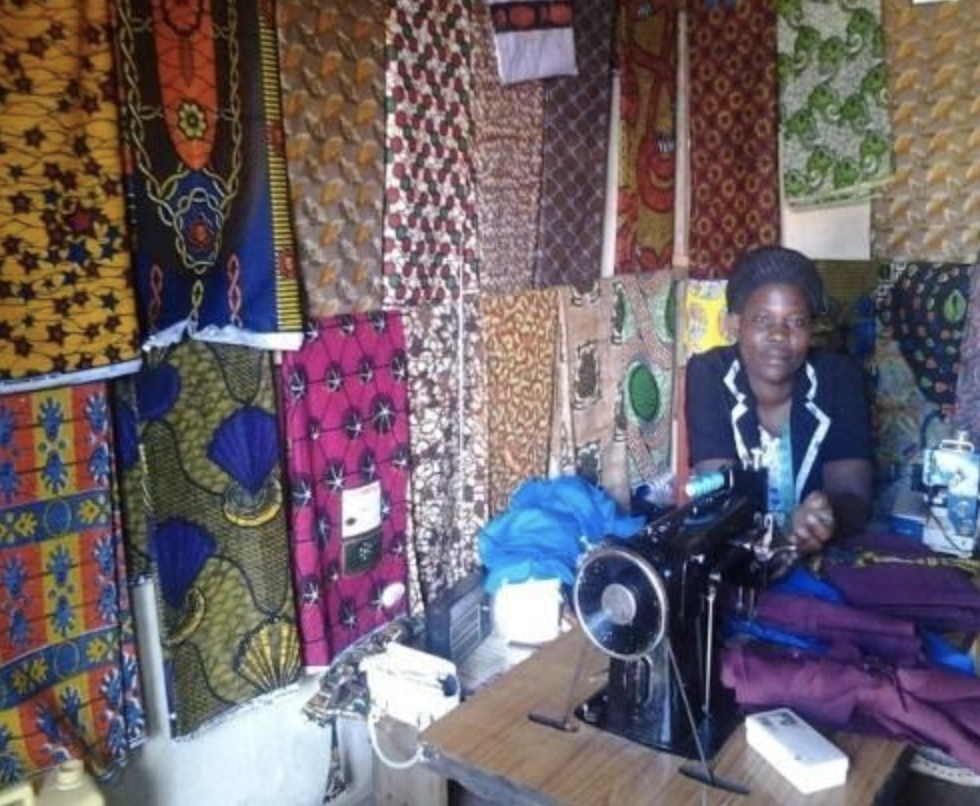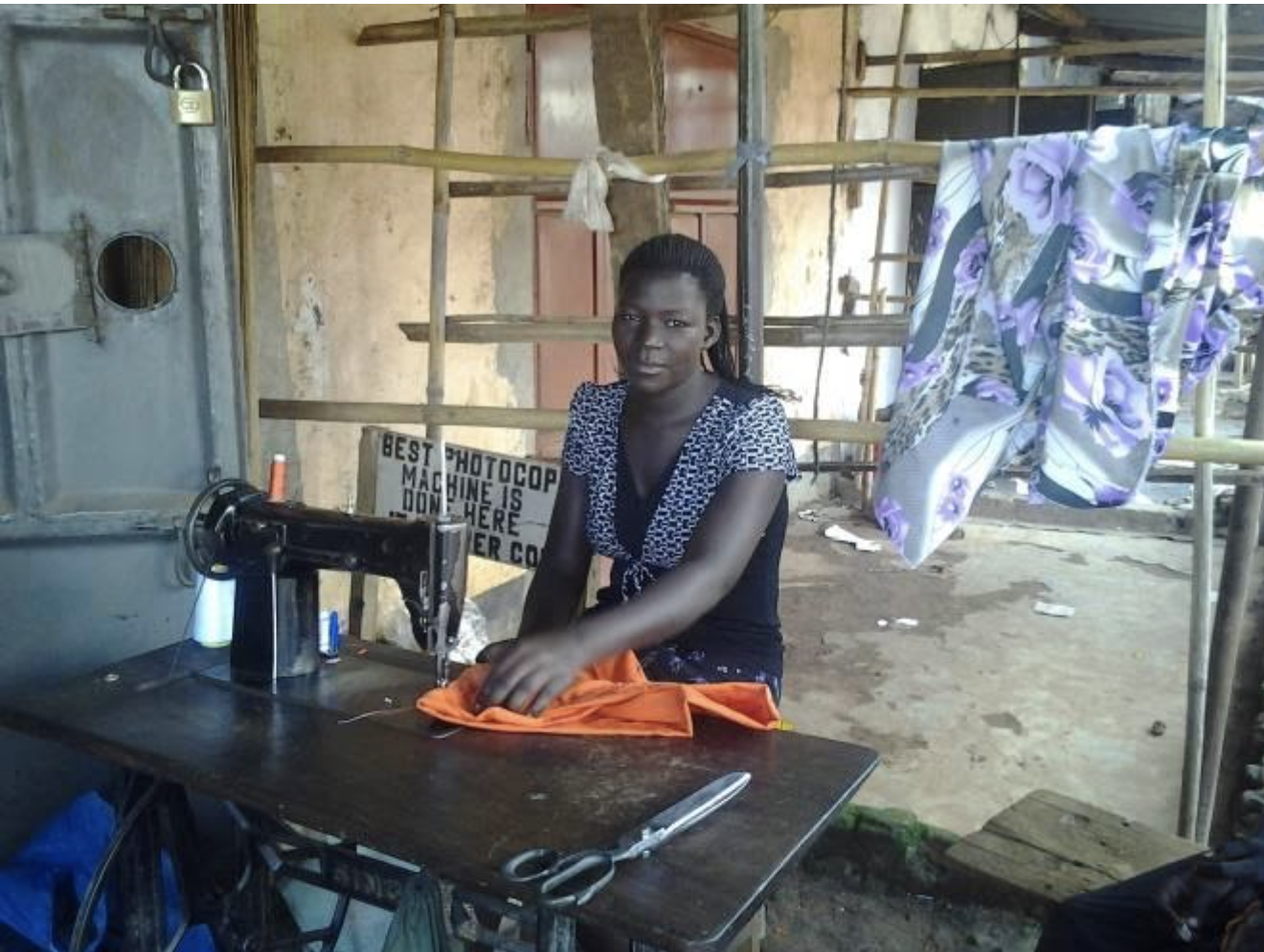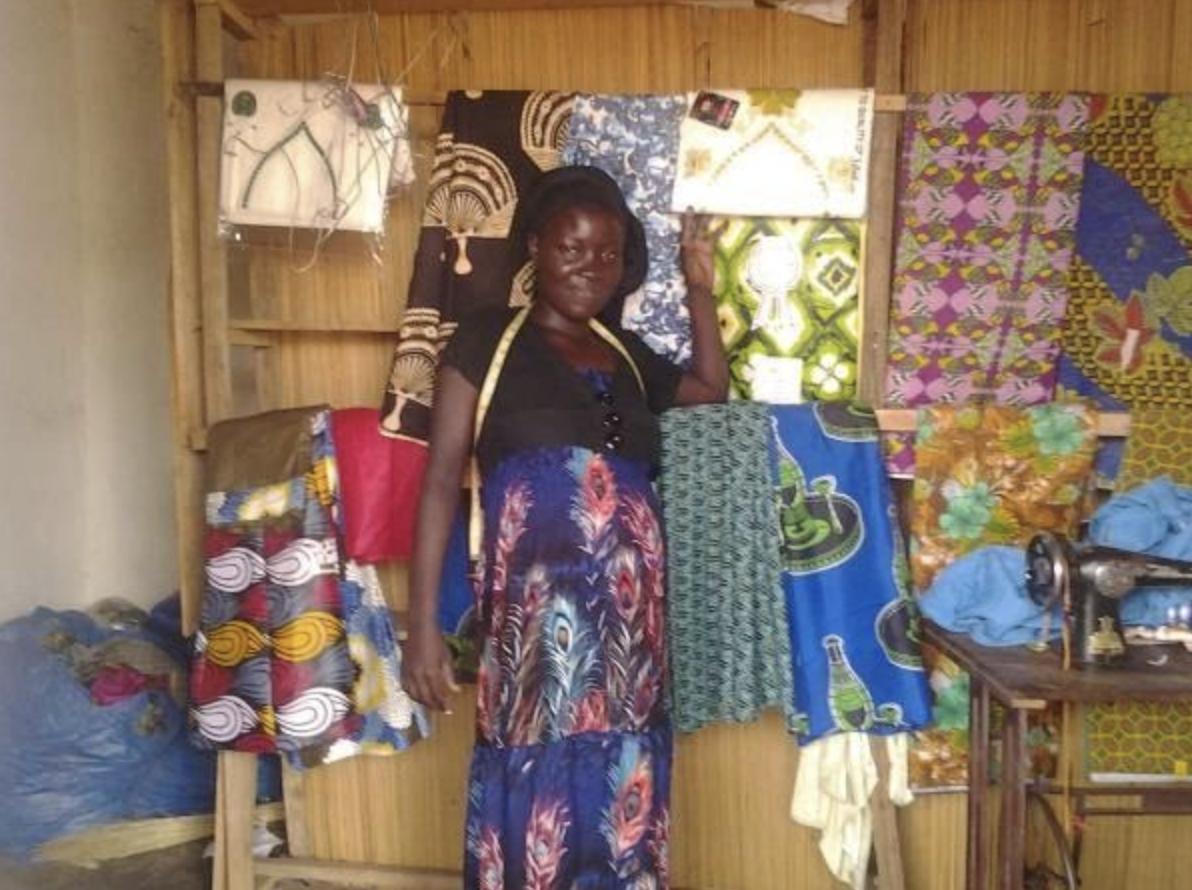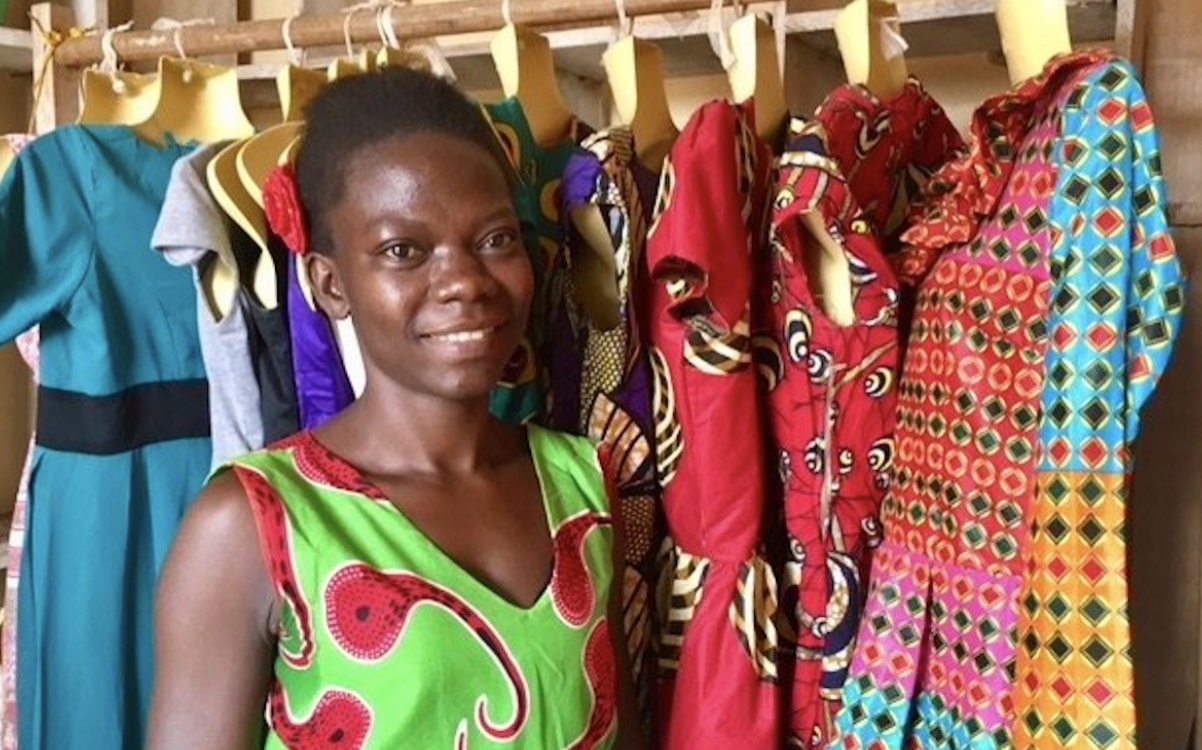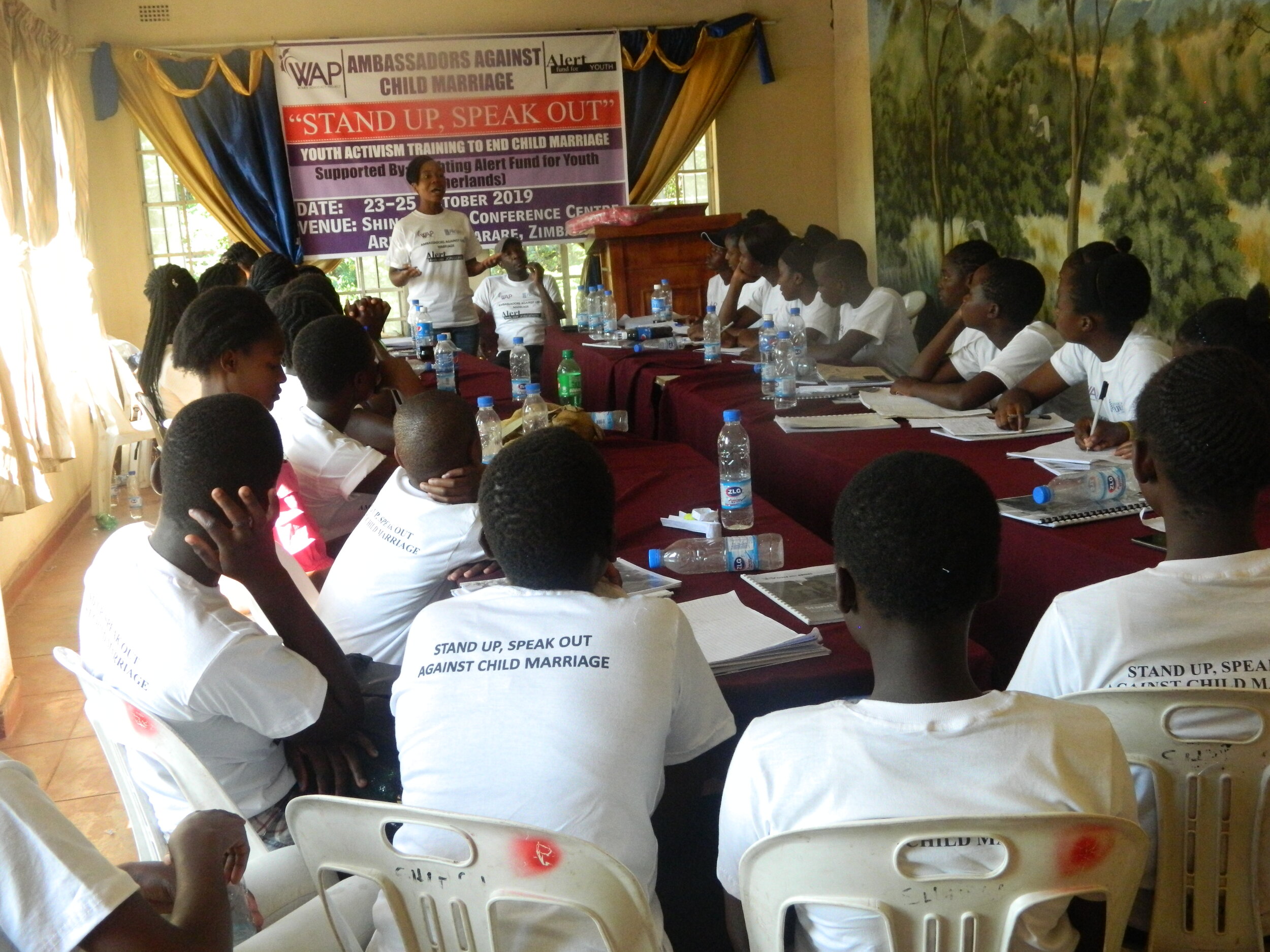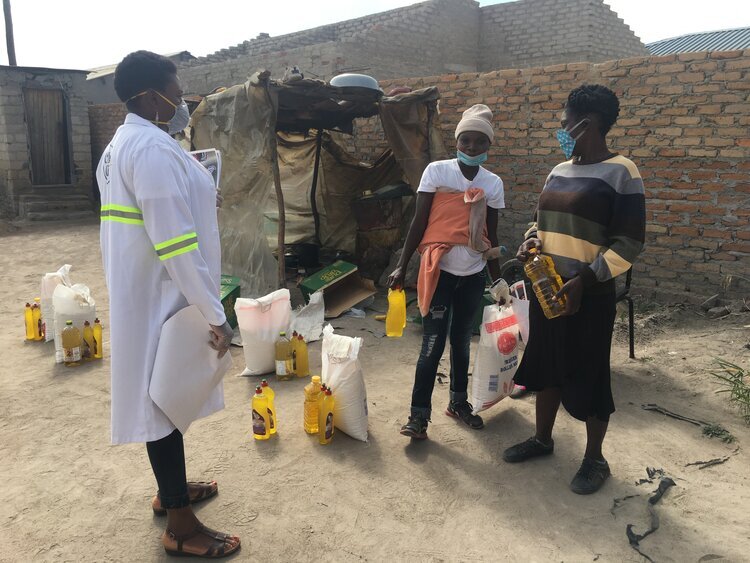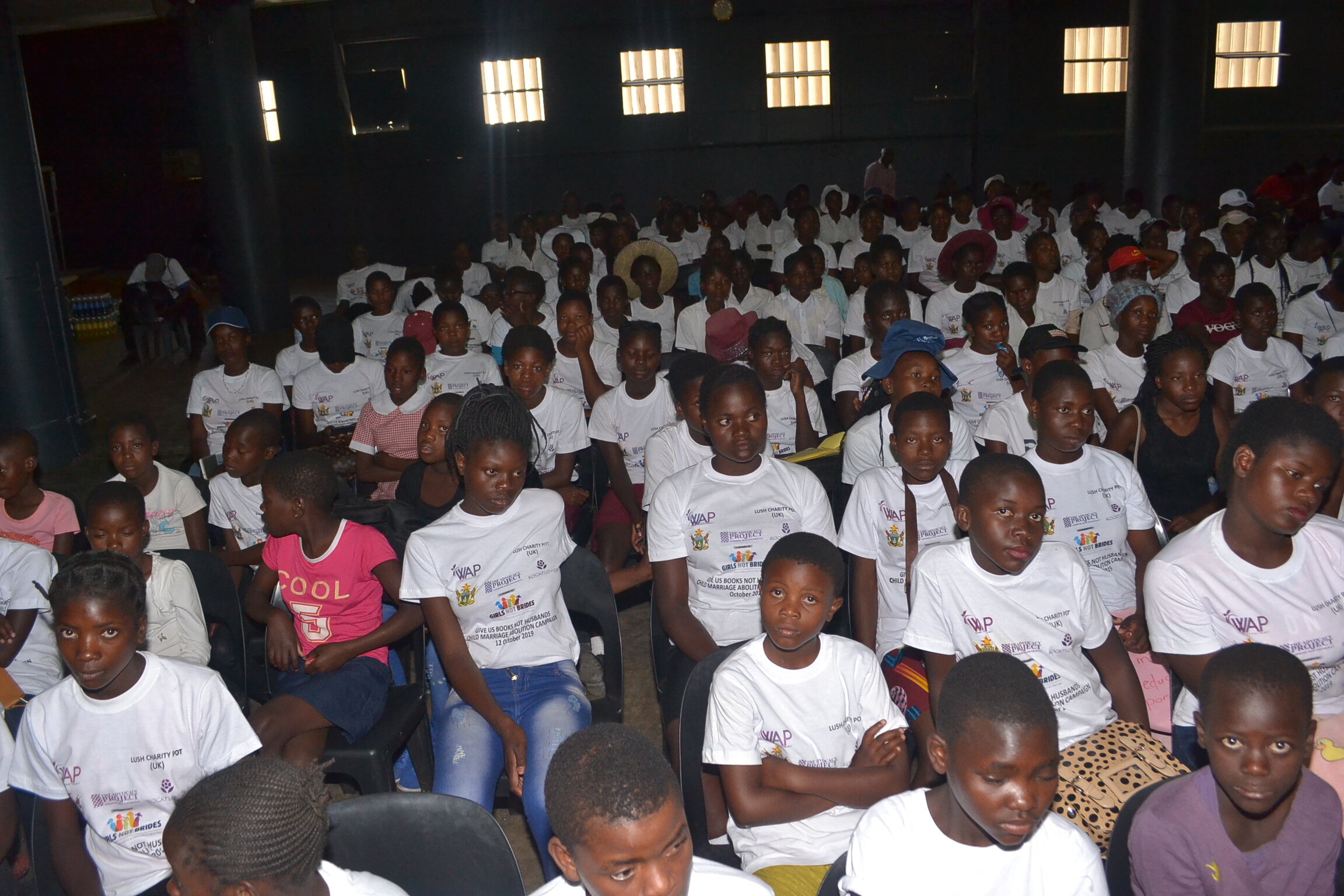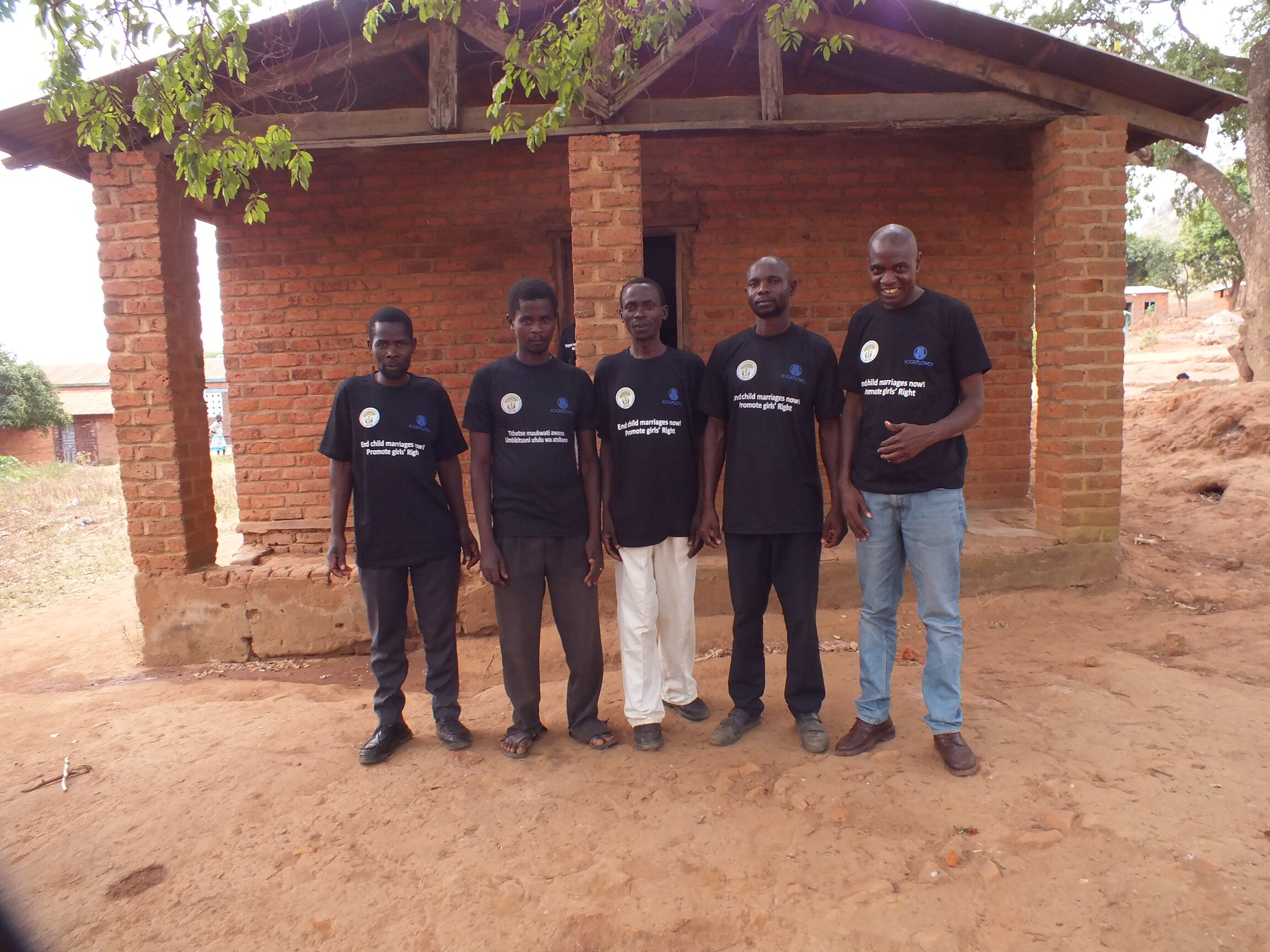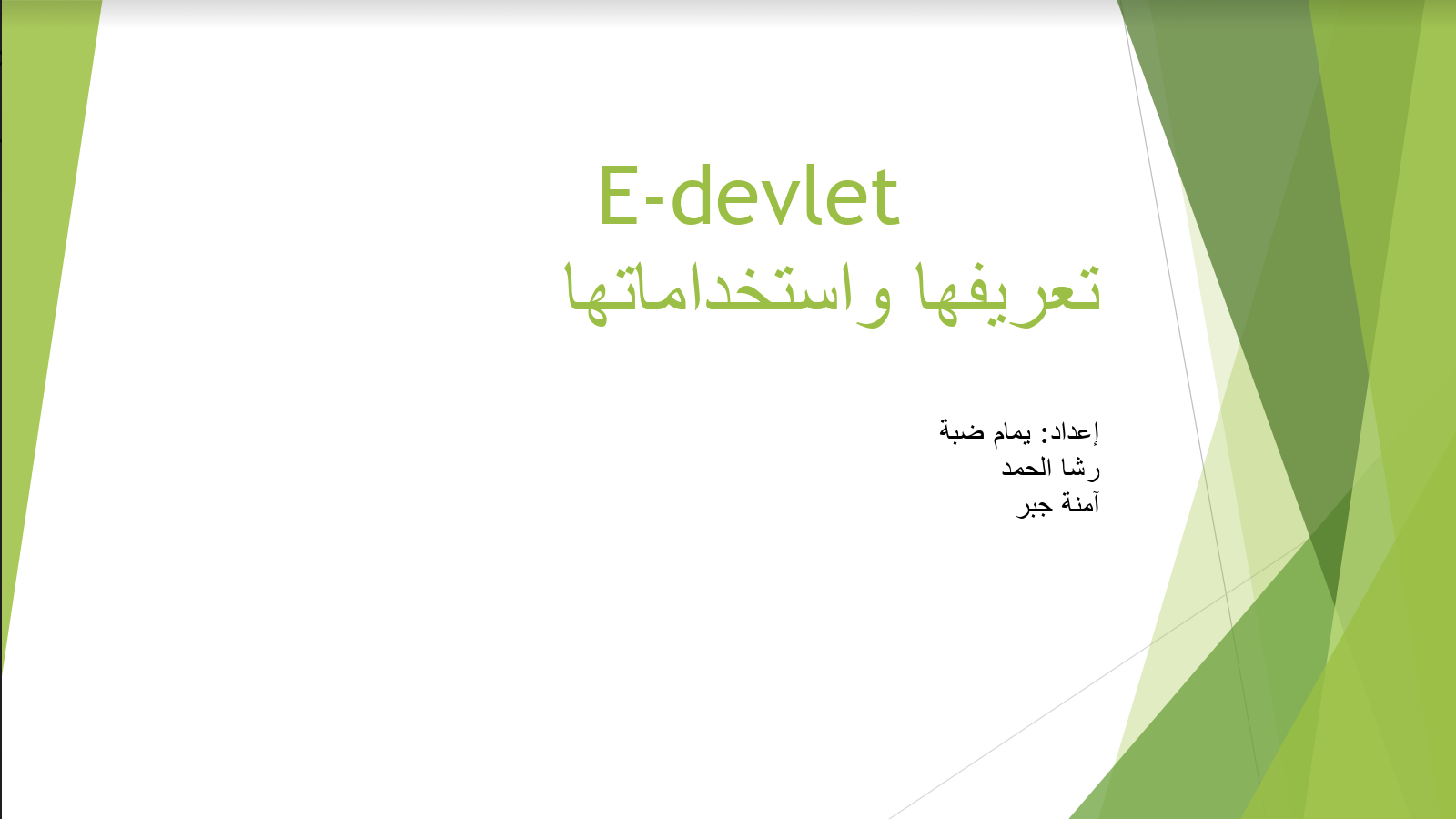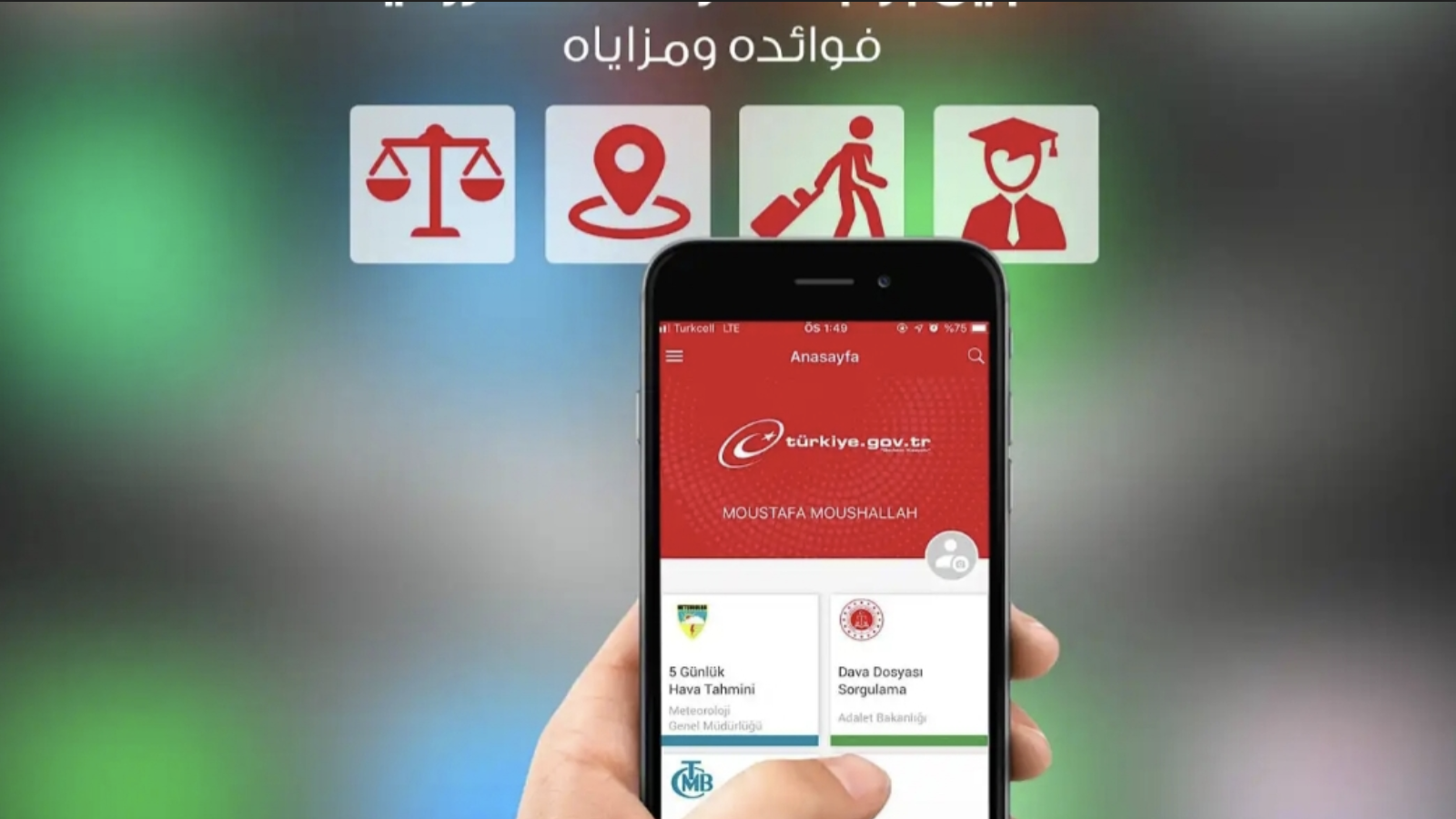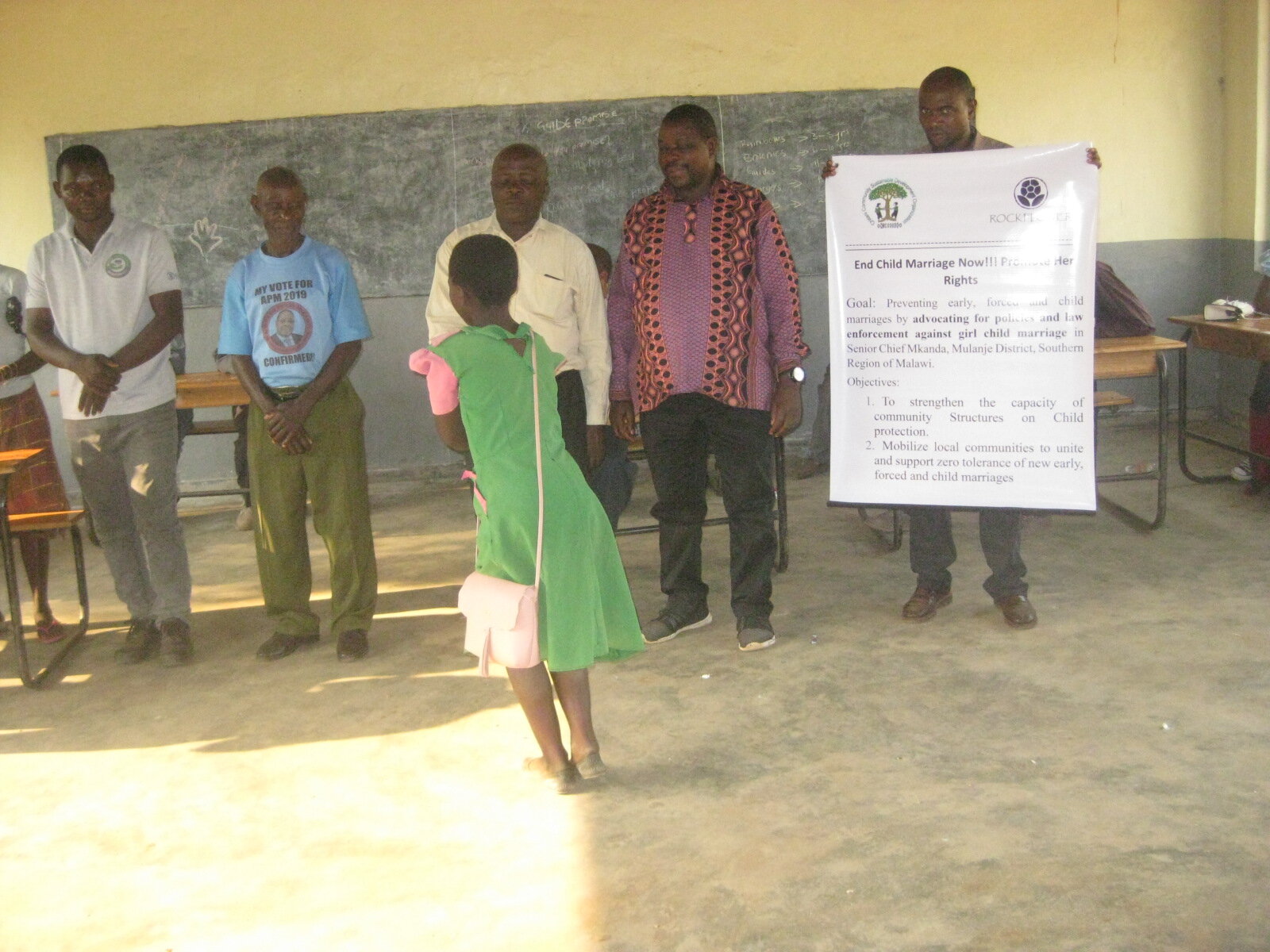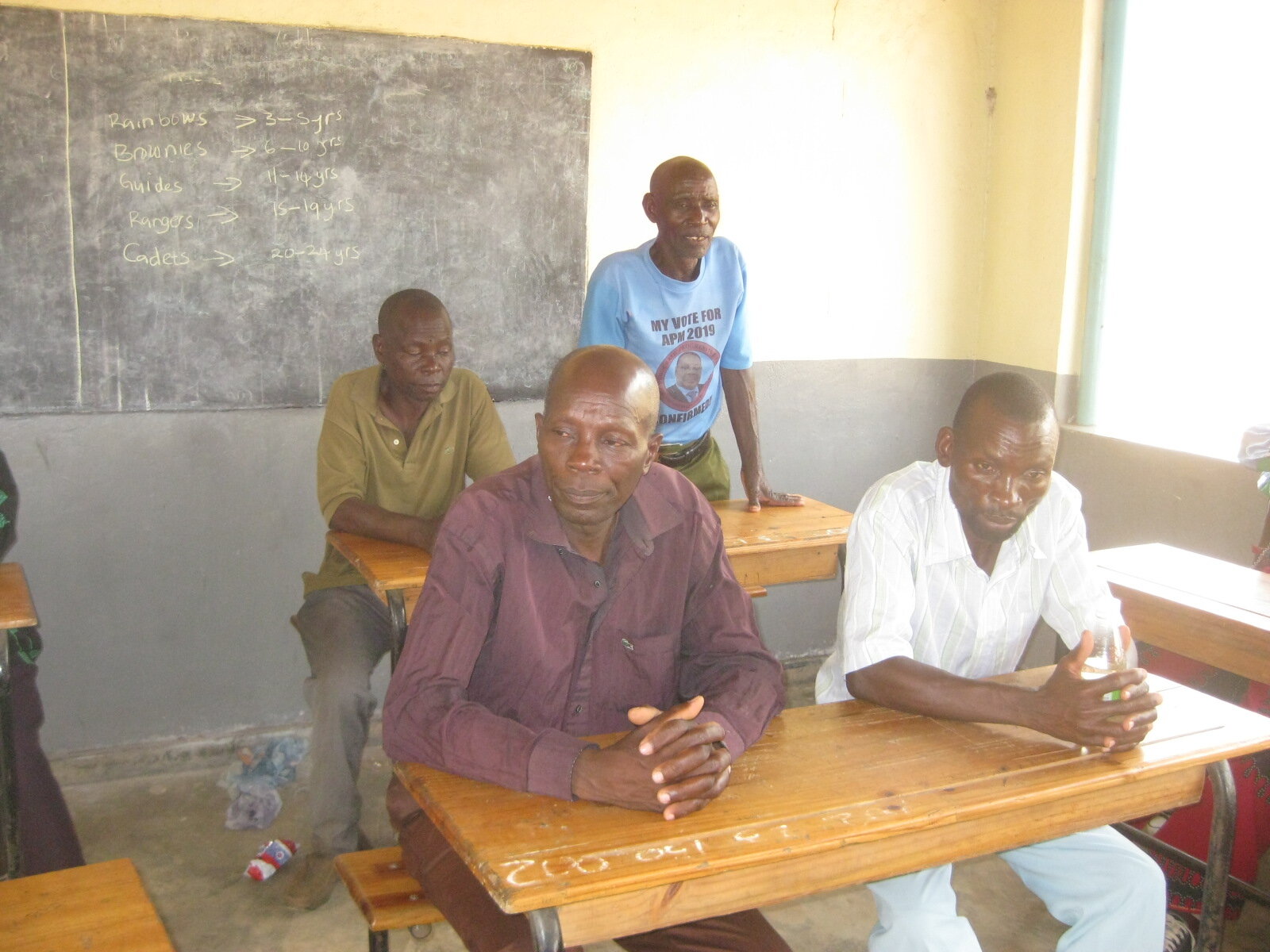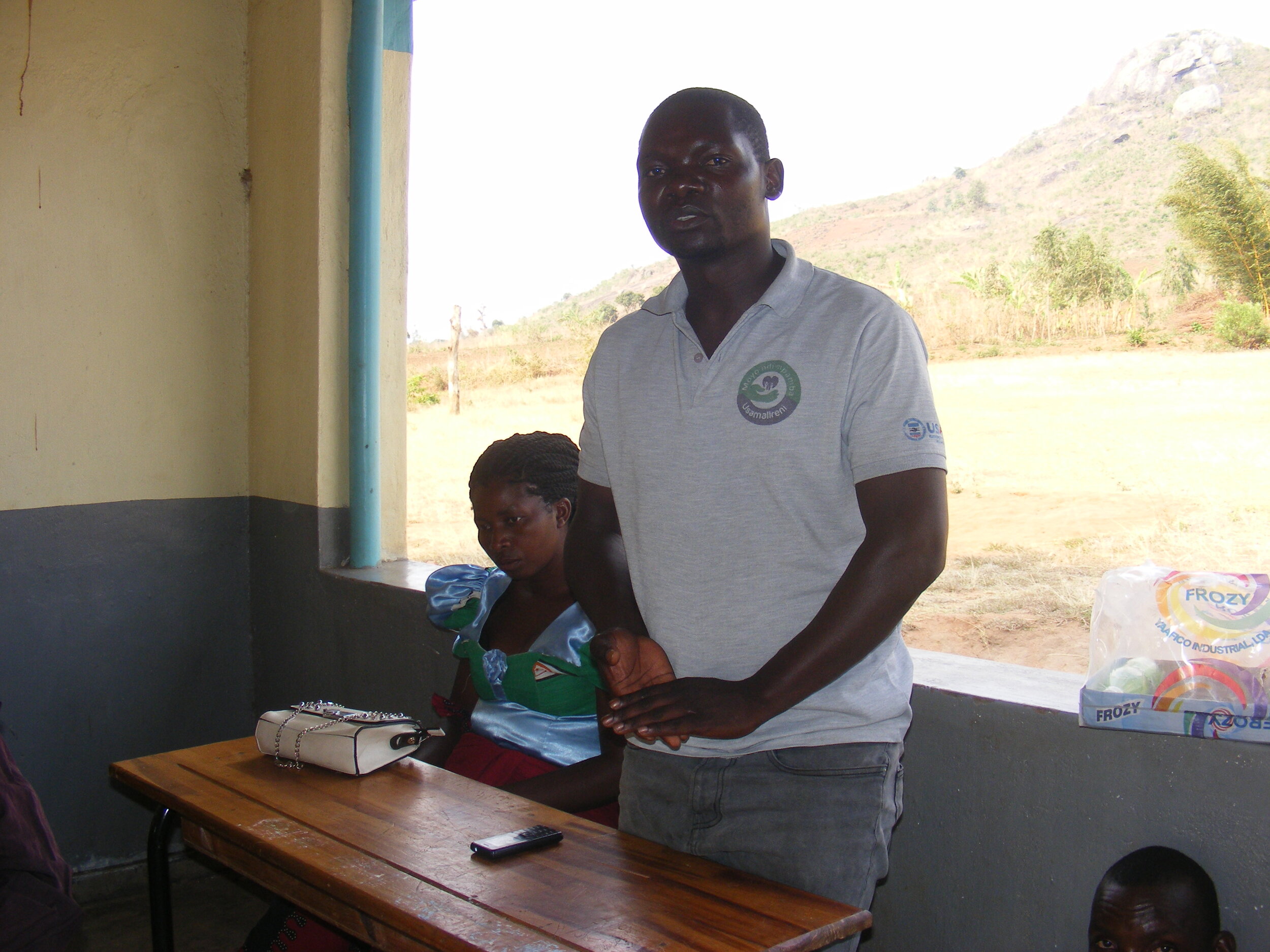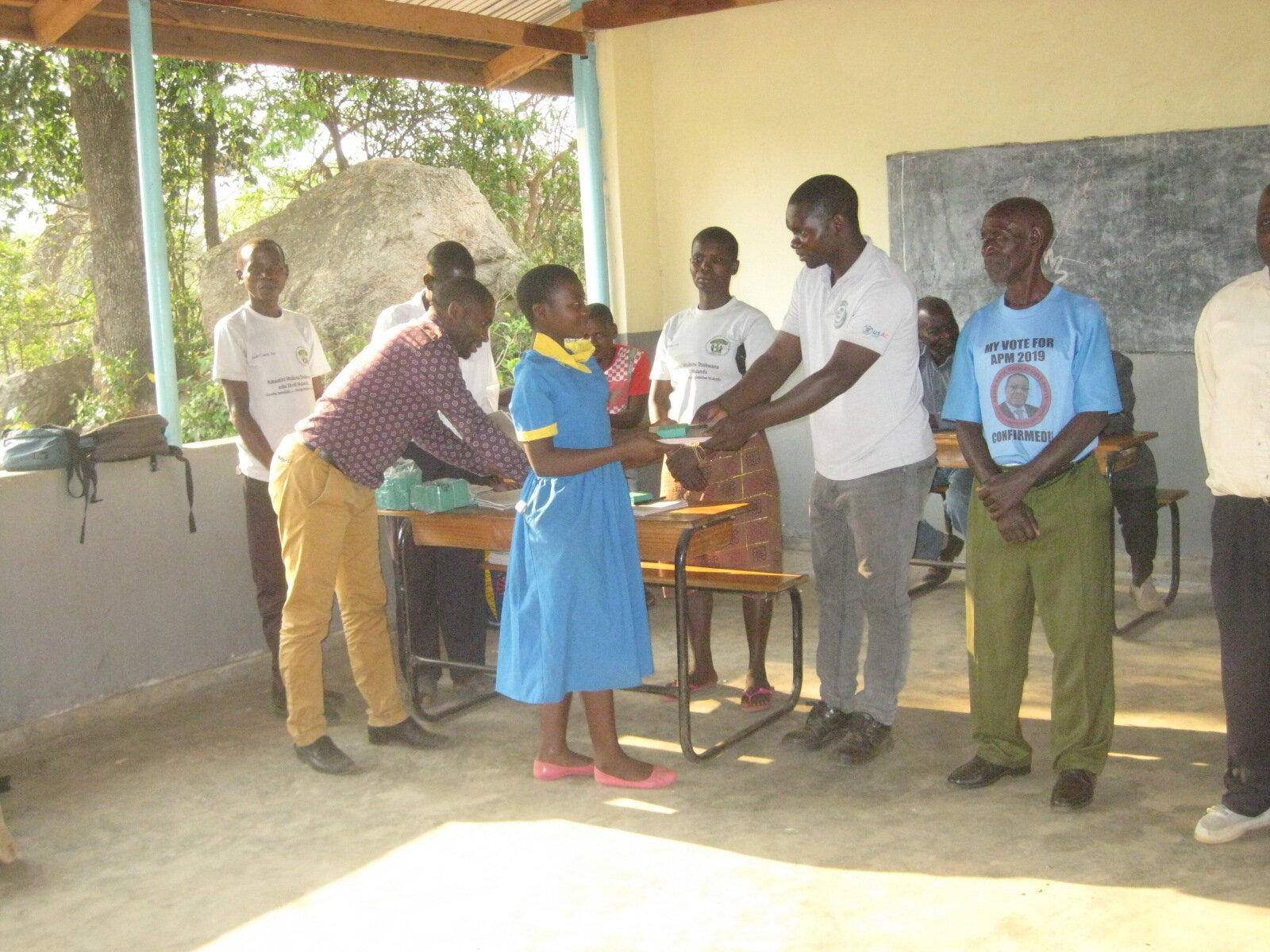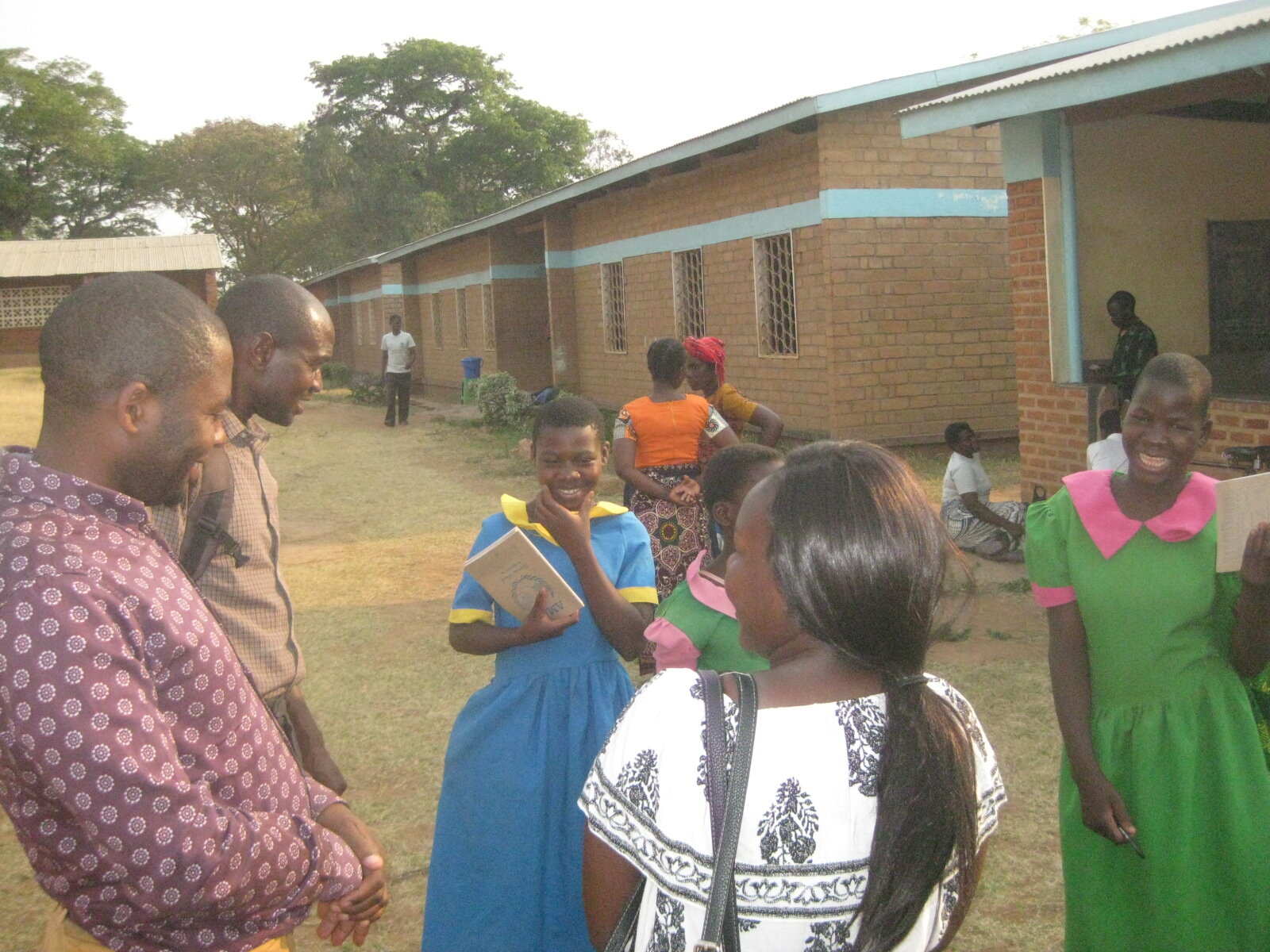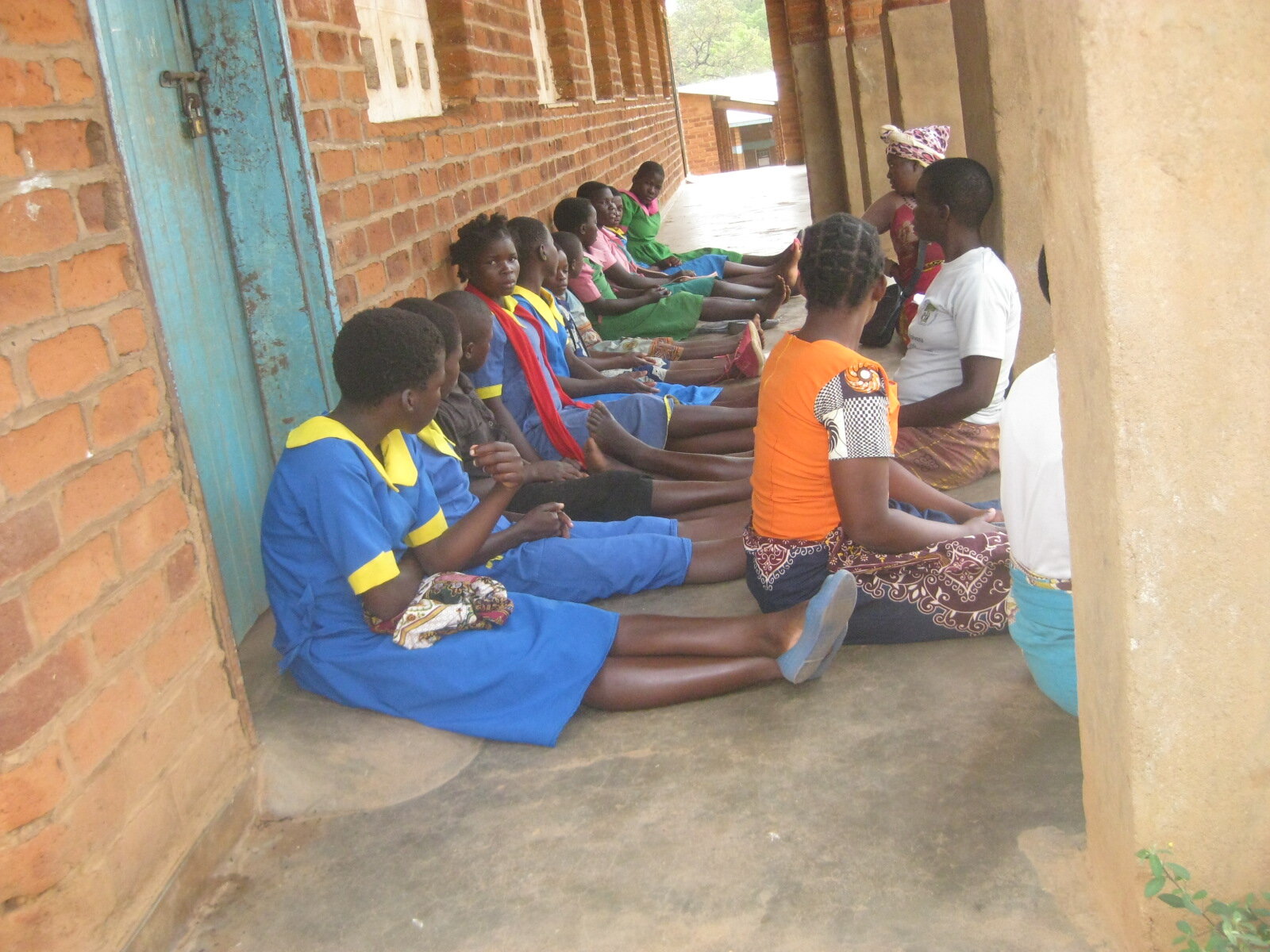Rockflower is a global venture philanthropy fund maintaining partnerships across the world, in particular across the African continent. As the pandemic continues to have a disproportionate impact on those countries without access to vaccines and medications, we have chosen to spotlight the situation in Uganda where we currently have nine partnerships - Farm Life, Foundation for Women’s Dignity, Hope for the Future Organization, Hope for Rural Women (HORUWO), Kinyamaseke Youth in Development (KYID), Rwenzori United Group for Life Improvement (RUGLI), Women Advocacy and Development Services (UWADS) Youth and Women Initiative for Sustainable Development (YWISD) and Dare Now Uganda (DNU).
In recent months, our partners in Uganda have faced immense challenges caused by the spread of the recent Delta variant of COVID-19, which has brought a halt to all planned activities during the most recent 42 days of lockdown. Many Ugandans are now without income or community support and are struggling to fulfill basic needs such as access to food. Our partner organizations work hard to support their communities and create stability, and throughout this time have found themselves overwhelmed with requests for food, and other basic necessities.
Through the generosity of our supporters, Rockflower has been able to ensure that funds have been made available to support our Ugandan partners throughout this time. Funds that would normally be allocated to community based projects for women and girls, are now being used for the purchase of food to keep them alive.
The situation in Uganda has worsened in recent months despite evidence that in the early stages of the pandemic, the country was extremely successful at protecting its citizens. In 2016, Uganda founded a global health security program at the Infectious Disease Institute at Makerere University in Kampala in order to combat and plan for pandemics. Early in 2020, the government quickly developed border screenings, laboratory testing capacity, community surveillance and infection control in health clinics and hospitals. As a result of this expeditious rollout of safety measures, Uganda was reporting fewer cases and deaths than other countries of similar population size.
It wasn’t until the Delta variant began spreading rapidly that the condition worsened. This variant of COVID-19 transmits more easily and has led to a higher percentage of severe illness, including those requiring oxygen support. Uganda has a population of 44 million and so far has recorded a total of 91,355 cases of COVID-19 and 2,483 deaths, according to the latest data from the health ministry. The virus has spread to 108 districts, out of which 20, including Kampala and Wakiso, have been significantly affected.
On June 19th, Uganda re-imposed a 42 day complete lockdown, which only allowed citizens to leave their homes for essential purchases and included a ban on the use of any private vehicles other than those operated by essential workers. The response from the broader population was not welcoming of the lockdown. Many believed that it would do more harm than good, and those who may be in dire need of resources and support are afraid to approach local law enforcement, and would prefer to stay silent.
Unfortunately, the only measure that can truly stop the spread of COVID-19 and pull Uganda out of this desperate situation is the ready availability of vaccinations. COVID-19 is now considered a preventable disease thanks to the numerous vaccines that have been proven effective, but without access to these vaccines, the pandemic will continue to spread in unvaccinated populations.
In March of 2021, Uganda received their first donation of vaccines, and felt confident that they would soon be able to vaccinate 50% of their population. In March they received 864,000 vaccines donated through CoVax and another 100,000 donated from India. Although still beneficial, this number is a drop in the bucket against Uganda’s population of 44 million. First responders and high risk patients were prioritized, but once these vaccines were used, vaccination efforts were shut down until late June when France donated another 175,000 doses. Since then, Uganda has not received any additional doses.
The Ugandan government has so far failed to purchase any vaccines, with officials saying the country had been priced out of the market by richer nations in the West, and therefore has been relying on surplus donations from other countries. Like many nations, Uganda was hoping to purchase vaccines produced in India, however due to India's recent devastating outbreak, they are no longer exporting doses.
The phrase ‘vaccine diplomacy’ has long been the topic of conversation regarding how vaccines will be distributed across the world. The issue is that this phrase represents a political rather than science-based effort to vaccinate populations. It has become a matter of politics and money. Developing countries that have the capacity to produce vaccines are unable to negotiate for the licenses from drug companies and countries without strong bilateral relationships may get passed over. This vaccination distribution method does not eliminate hotspots of the virus, which will lead to even more dangerous variants emerging. The world is quickly losing time, and will require a global resolve to end the pandemic equitably.
Rockflower has received updates from a number of Ugandan partners informing us of their current situation, and in many cases asking for help. Our partner organizations are pillars of support for their communities, and have therefore been inundated with requests for help throughout the lockdown. Nankindu Angella, Chairperson & Co-founder of Youth and Women Initiative for Sustainable Development (YWISD) explained the challenges faced by her community throughout the current lockdown.
“It's a hard and challenging time for us community leaders, we were working on improving the market then boom the lock down came in and everything is now so hard. Now we have put the training on hold to observe and follow Standard Operating Procedures for COVID-19. Since we supported our beneficiaries during the previous lockdown even now they keep coming to us for help and we have done what we can, we are supporting very many women in the community who cannot feed their children. I myself am a single mother, I clearly understand what many of these women pass through now since many work for day-to-day food.”
Our partner organizations have been forced to suspend activities, which in many cases has caused the loss of the sole source of income for women and girls who support themselves and their families. Rockflower partner, Biira Mary, the Executive Director of Rwenzori United Group for Life Improvement (RUGLI), sent us an update explaining the economic impact and long-term devastation caused by the pandemic.
“COVID-19 has created a lot of devastating social, economic, and political crises that are going to leave deep scars for years to come. The impact caused may reverse the progress made in tackling global challenges for many years putting at risk the lives and livelihoods of people living in underdeveloped countries but pressing many vulnerable people, the youth and persons with disabilities. The dreadful virus has caused a lot of gaps in the development process increasing the vulnerability of youths due to lack of essential resources such as clean water, food, medical supplies and even basic information. The disease has proved to be a tragic longer-term impact, with the potential for mass unemployment, and the risk of increasing inequality, marginalization, and poverty.”
Upon receiving these and many other messages from our partners in Uganda, Rockflower was able to put together a small but impactful emergency relief fund to help with food and other basic necessities for these communities. We are looking at all opportunities to raise additional funds including an additional surge of cryptocurrency donations to sustain this fund and provide life-saving necessities to women and girls who have been greatly affected by the pandemic. Sarah Namunyagwa, a single mother who has participated in YWISD projects in the past, is one beneficiary of the emergency relief fund. Her gratitude for such a small gift of food, is extremely humbling.
"I don't know how much I can thank you for this food, may God continue blessing you abundantly. I had nothing, totally nothing, to feed my 4 children in this COVID lockdown. I am a single mother and having gone through weaving training and you gave me hope to change my life but COVID is making it very difficult for me. Last month I was learning online marketing and I hoped to increase my sales and better the livelihood of my family but COVID lockdown came and all is at pause now yet basic needs are needed…you have not given up on me again you have provided food to help us survive, just extend my gratitude to your partners.”
As of July 30th, the full lockdown in Uganda has been lifted and the country is now looking toward rebuilding all that was lost during this time, providing basic necessities to those who are still without and continuing to fight COVID-19. The challenges faced by these communities are far from over, especially because the country is still severely lacking vaccines for its citizens.
As our partners begin to resume their activities, the opportunity to gain income via e-commerce is one that could greatly improve their situations. Currently the gender gap that exists on online platforms is excluding billions of dollars from the wallets of female entrepreneurs and the opportunity for economic improvement via their training and participation is immense. The Council for Foreign Relationships noted, “Watershed moments to transform women’s economic status globally are few and far between, but COVID-19 and the post-pandemic recovery offer one of these rare and critical junctures. We cannot afford to miss this opportunity for development and an equitable future for all.”
A few of the outstanding goods being made by some of our partners are shown here by one of our partners, Hope for the Future. We continue to believe in the possibility of new and emerging lines of commerce to benefit their beautiful and innovative work and look forward to exploring these and other opportunities for growth.
Rockflower remains committed to providing support for all of our Ugandan partners so that they may resume activities to support the women and girls of their communities. Please consider donating to Rockflower’s Emergency Fund, either through traditional channels such as our website’s donation page, or through cryptocurrency via our partnership with The Giving Block. Please be assured that even a small donation can be extremely helpful for women and girls struggling to fulfill their basic needs and those of their families.


